According to the draft revised Law on Tax Administration, lump-sum tax will be abolished from January 1, 2026. Lump-sum tax is a tax calculated based on the lump-sum revenue determined by the tax authority, applied to business households and business individuals paying tax according to the lump-sum method. Regulations on lump-sum tax rates can be calculated by calendar year or by month in case of seasonal business.
After the lump-sum tax is abolished, households will switch to self-declaration and tax payment on actual revenue. In addition, revenue declaration to the tax authority will be done monthly or quarterly, instead of once a year as in the lump-sum form.

Illustration
According to regulations, business households still have to pay three types of taxes, including business license tax, personal income tax and value added tax (VAT).
In particular, the compulsory business license tax that organizations, individuals, and business households must pay annually when producing or trading goods or services. This is a fixed annual amount, not depending on the business person's profit, but is determined based on charter capital or revenue.
With revenue of over 500,000 million VND/year, the annual business license tax is 1 million VND. Revenue from 300 - 500 million VND/year, the business license tax is 500,000 VND/year. Annual revenue from 100 - 300 million VND will be subject to a business license tax of 300,000 VND/year.
In addition, business households and individuals will have to pay VAT and personal income tax if their revenue is from 100 million VND per year. The tax amount is calculated by the management agency based on total revenue, VAT rate of goods, services and personal income, for each business activity.
For example, individuals distribute and supply goods, tax payable = revenue X (1% VAT + 0.5% personal income).
If the food business household will be subject to a tax rate of 4.5%, including VAT (3%) and personal income (1.5%).
Accommodation businesses: motels and hotels pay 5% VAT and 2% personal income tax.
Karaoke, tailoring, laundry, hair cutting and shampooing services are subject to 5% VAT and 2% personal income tax.
Transport business households pay 3% VAT and 1.5% personal income tax.
Households renting out land and warehouses pay 5% VAT and 5% personal income tax.
Previous statistics from the Ministry of Finance show that by the end of 2024, Vietnam will have about 3.6 million business households and individuals, with total tax revenue reaching nearly VND 26,000 billion.
In recent years, lump-sum tax has been applied as a support solution, suitable for management conditions and compliance capacity of business households.
However, the Tax Department leader said that this form has revealed some limitations and has not provided the necessary motivation for business households to develop their scale. Furthermore, the increasingly developed economy will require higher requirements for transparency, fairness and modernization in tax management.
Source: https://vtcnews.vn/bo-thue-khoan-ho-kinh-doanh-phai-nop-thue-gi-ar950072.html





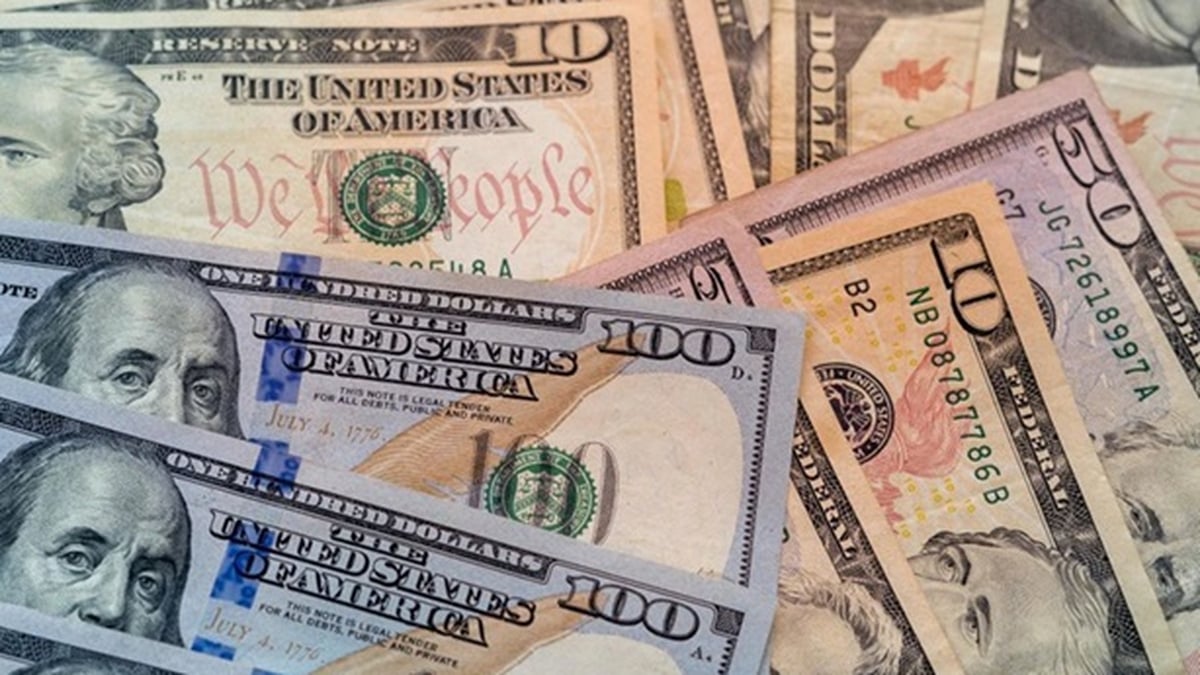

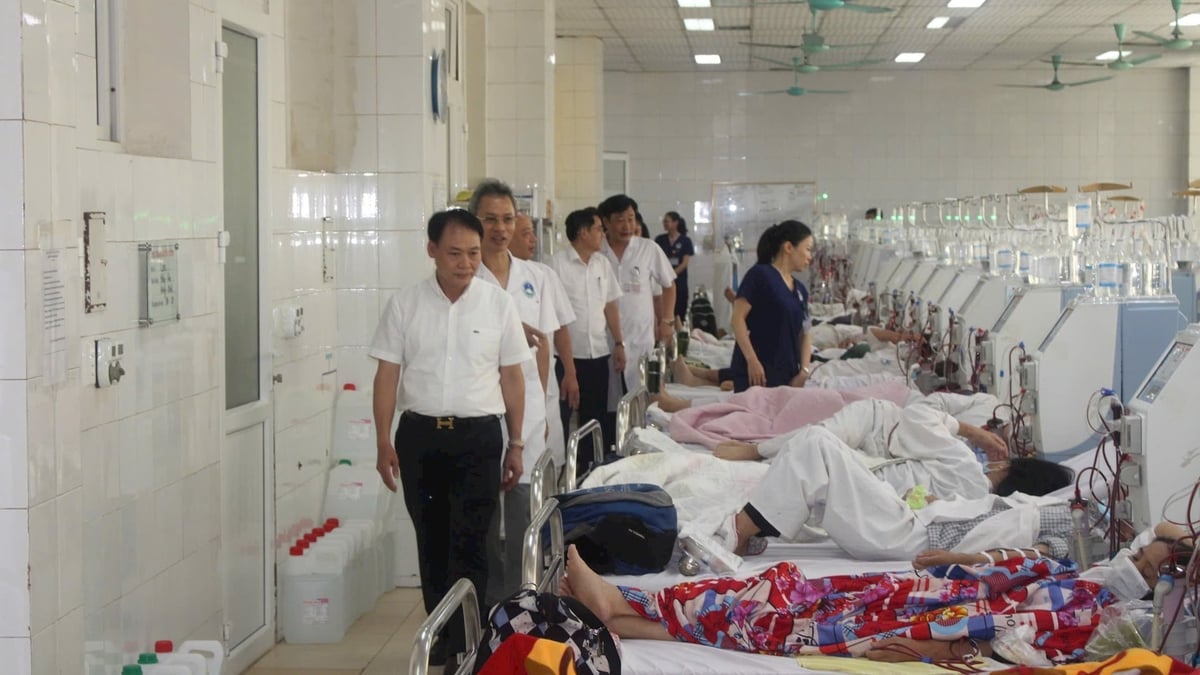
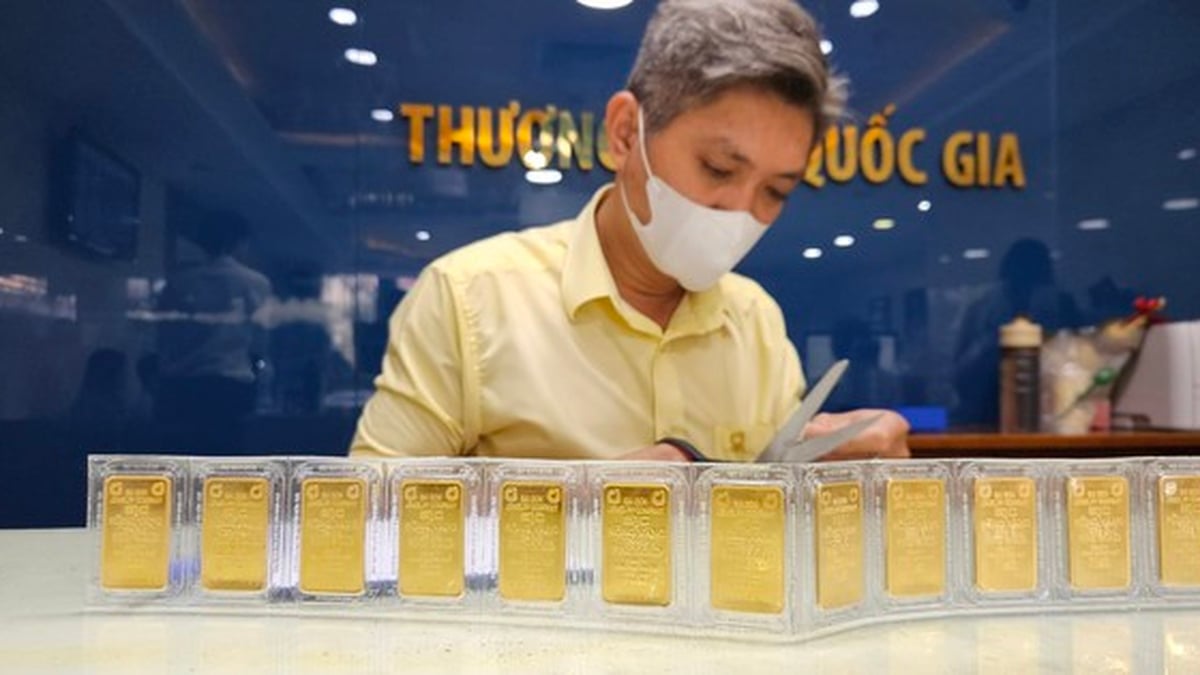

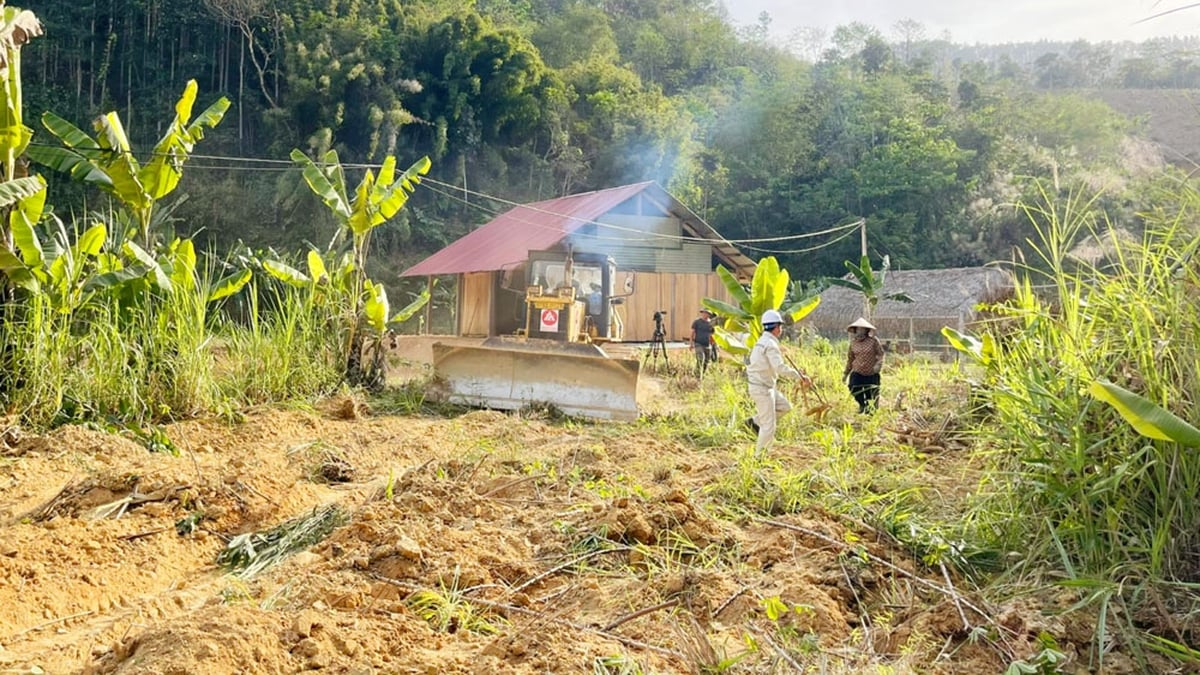
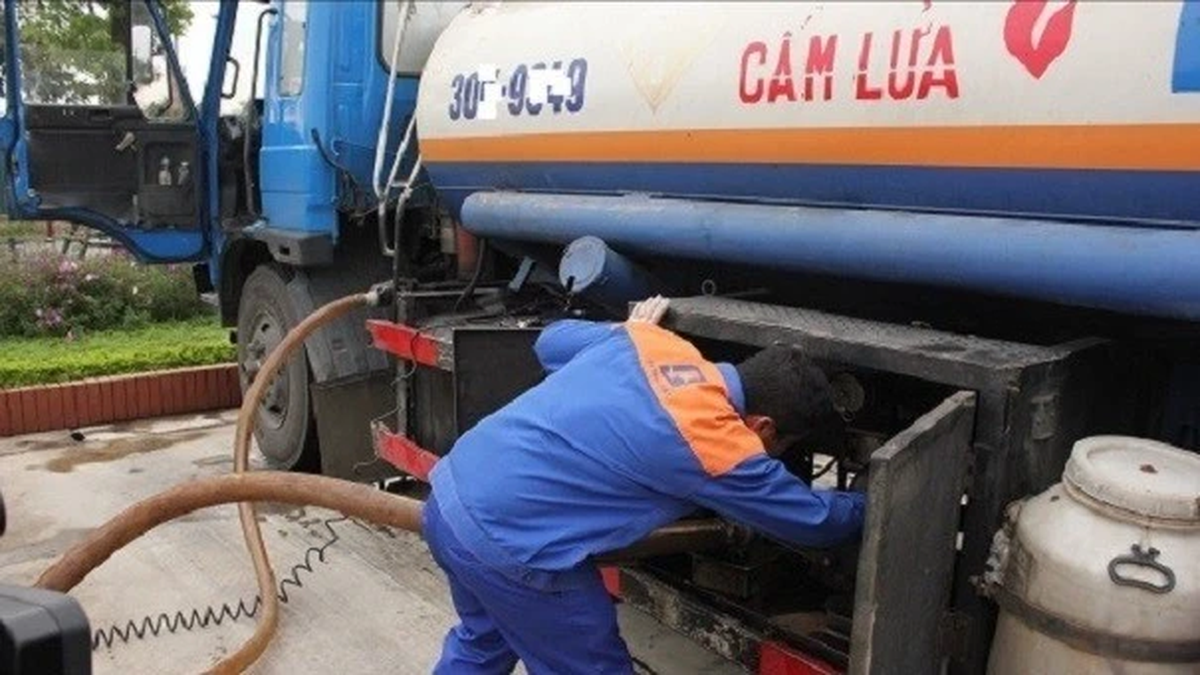





































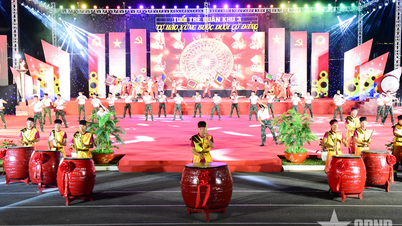



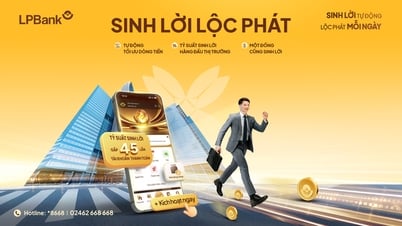





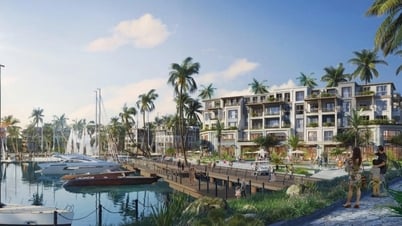














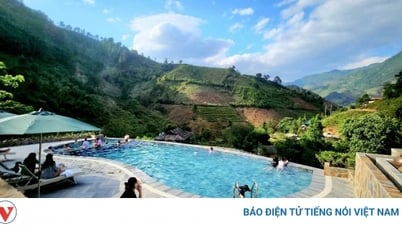









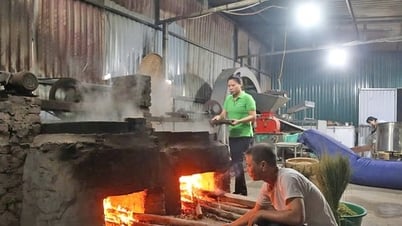
















Comment (0)